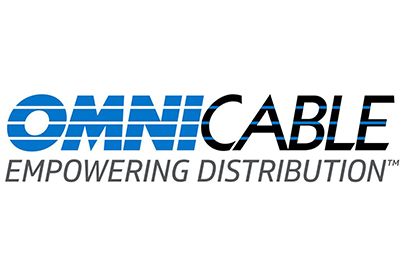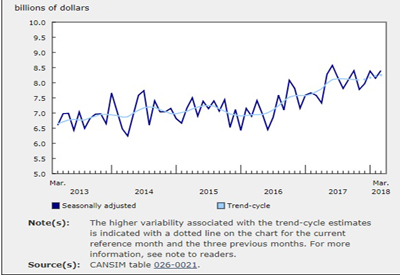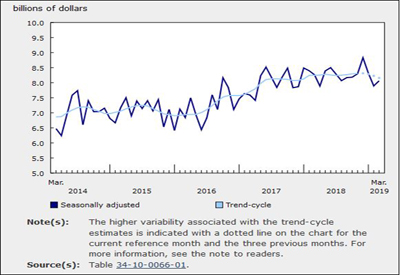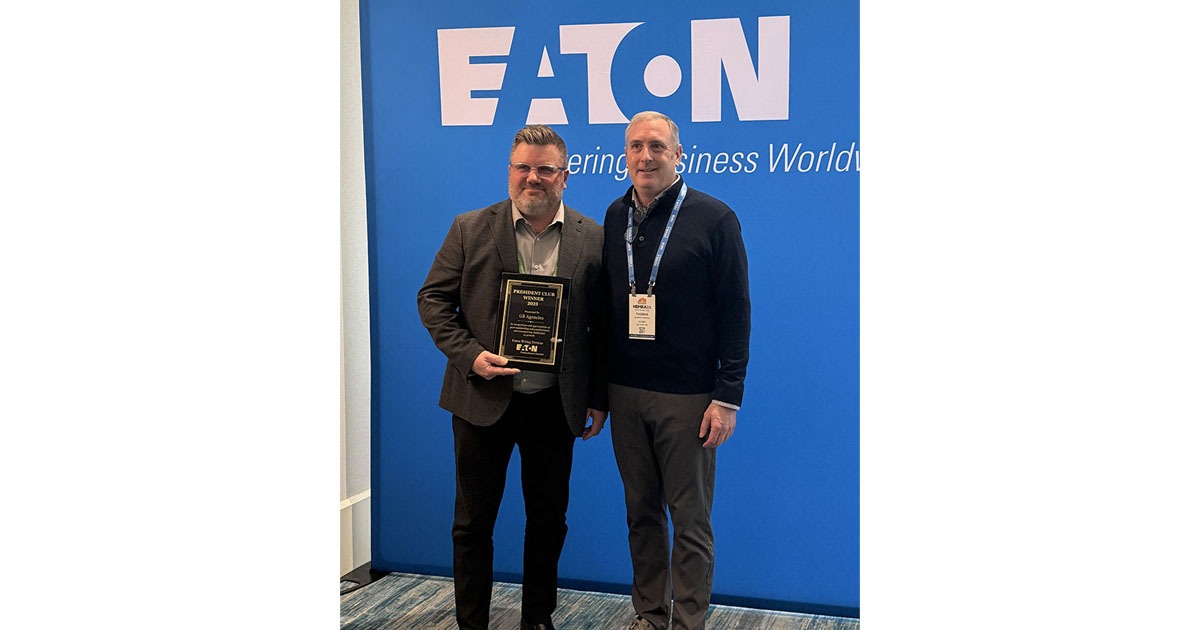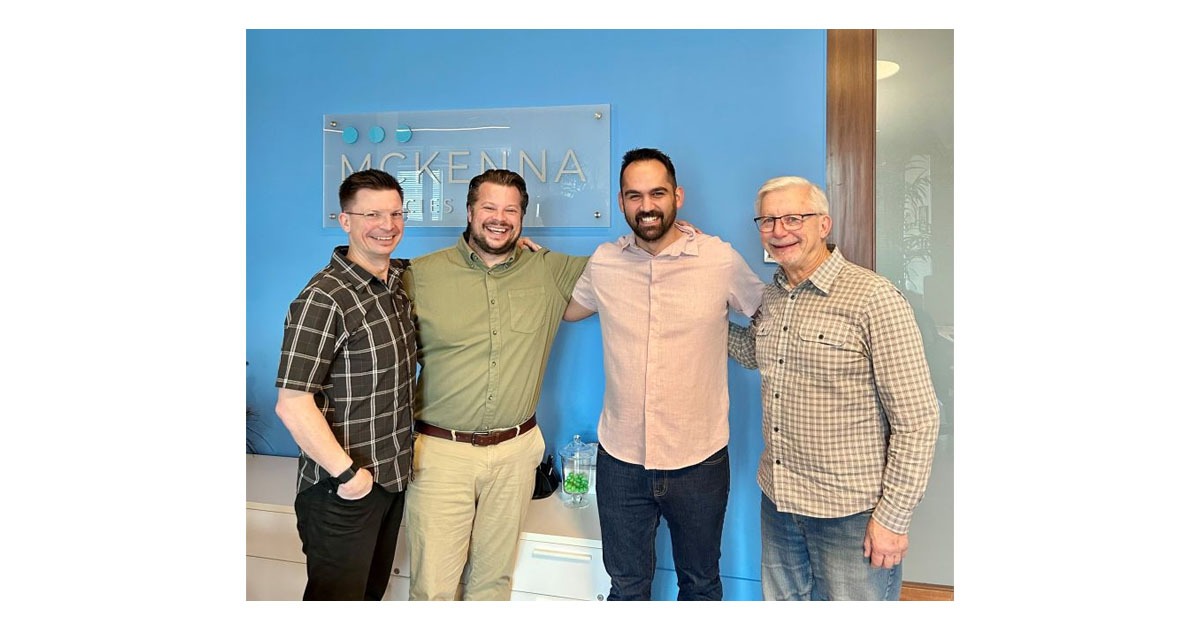Innovation Takes Culture, Not Only Books: Part 2

May 13, 2016
In Part 1, David Gordon looked at drivers of innovation. Here in Part 2, four ways to expand your frame of reference and generate innovative new ideas. The issue of expanding your frame of reference is critical to innovating. While it has been said that “there is little new in the world as the Greeks and Romans already invented it” (okay, maybe the kernel of it), no one has a monopoly on ideas. “Borrowing” is not considered bad. A key to success is observation and adaptation.
Consider these opportunities:
1. Industry network groups are great but they only provide 100,000 feet level nuggets. If you hear something you find interesting, reach out and interview or visit. Some manufacturers, reps and distributors have network groups that regularly get together, and sometimes at different levels within an organization, to share ideas. A few years ago we facilitated this approach with a group of manufacturers.
2. In every market there is an opportunity to network with other local businesses. This could be via breakfast clubs, functional (i.e. association such as the American Marketing Association) groups such as Vistage (www.vistage.com), YPO or other similar groups.
3. Read, read and subscribe. More than just books. Every book takes at least a year to develop and publish. I’m not saying they are bad, on the contrary, they can be good anecdotal case studies. But read trade publications (other trades), read what your customers read, read what your professional contemporaries are reading (i.e. sales, marketing, purchasing, IT journals) and subscribe to many e-newsletters and blogs. Be an information consumer.
4. Develop multi-disciplined task forces or work groups within your company to address issues. People can “feed” off of the experiences and energy of each other. And, depending upon the issue, perhaps bring in channel partners.
Years ago GE brought significant value to selected distributors through its Six Sigma program where they brought in process experts to help distributors, and sometimes GE personnel, to address distributor specific issues or GE / distributor issues. And the company opened its corporate training resources to its distribution channel to help train in many functional areas. Rockwell is doing this in targeted environments to improve distribution sales and management skills.
Multi-discipline task forces can also be an effective way of involving Millennials and identifying future leaders.
5. Get feedback. Many times conducting research will help guide you to a breakthrough or an answer. Gaining voice of (customer, sales, employees, suppliers, prospects, manufacturer reps, etc) can generate a different perspective and identify their needs.
Sometimes it is survey activities, sometimes field research (observational as well as telephone), and sometimes it’s asking customers / prospects (but not always the same ones you always talk to).
6. And yes, avail yourself of consultants. It may not be for a major project but consultants are exposed to a variety of companies. They can share best practices or different ideas while protecting client confidentiality (or providing geographic exclusivity) and they can bring an unbiased third party perspective that can be politically unbiased. Buy a day a quarter, put them on your board, consult via phone … don’t become encumbered by “drinking your own juice.”
Remember, you’re probably not the only company that has ever faced “this” issue or has had the “same idea”.
Different types of innovation
Innovation does not have to be radical change or “throwing the baby out with the bath water.” There are different types of innovation.
Some innovation is really incrementalism, which is needed within every organization and should be an expectation of every manager. Another word for incrementalism is continuous improvement. In the words of Albert Einstein, ” “doing the same thing over and over again and expecting different results” is the definition of insanity.
The other type of innovation occurs when you either set game-changing goals (those that require rethinking the current status) or you stumble upon an idea. Remember that Post-It notes were the outcome of a failed product development initiative or that Google and Amazon.com have started many initiatives (i.e. Google for Suppliers and Amazon Supply) only to either close them down or improve upon the model. Innovation takes risk taking and a willingness, perhaps an acceptance, that you may fail but will then continue your journey.
Another key to success is being nimble. Speed to market, internally and externally is important. You may never get it 100% “right” first time out of the box but conceive, research, launch, measure, re-innovate / re-imagine. The key is having a vision of your future. Your competition will copy you but if you already have the next iteration conceived they will always be behind you.
No one has a monopoly on innovation. It’s what you make of it. Do you have the temperance and the culture to innovate?
Need ideas or facilitation, give us a call. Need a tool to identify if your company is “innovative”? Give us a call and we’ll launch our Organizational Innovation Assessment Tool for your company … for FREE. Limited to the first 5 requests in both April and May 2016.
CMG’s “innovation process” helps you assess your team for innovation attributes, accelerate cultural transformation, facilitate innovation processes, gain “voice of stakeholder” and ensure a continuous innovation process.
David Gordon is President of Channel Marketing Group. Channel Marketing Group develops market share and growth strategies for manufacturers and distributors and develops market research. CMG’s specialty is the electrical industry. He also authors an electrical industry blog, www.electricaltrends.com. He can be reached at 919-488-8635 or dgordon@channelmkt.com.
More in CEW by David Gordon:
Innovation Takes Culture, Not Only Books: Part 1
Selling Lighting or Selling Data?
Is it Time to Hit the Reset Button?
Boosting Performance at Your Webstore
Amazon Upgrades from Supply to Business
Evolving the Role of Marketing Within Your Distributorship
Strategies in Light Observations: Distributor LED Opportunities
Are You Ready To Sell LEDs Differently?
16 Distribution Industry Trends for 2016
Lighting the Way to Demand Creation
Converting Emails Into Sales Through Thoughtful Communications
Learning from Amazon and Generating Ideas
Turning Your Staff into a Competitive Advantage
Sales and Marketing – How Can Joint Sales Calls Become More Effective
Creating Demand to Drive Profitable Growth
Is Your Company a Kool-Aid Drinker?
What Manufacturers (and Their Reps) Don’t Know About Distributor Joint Sales Calls


